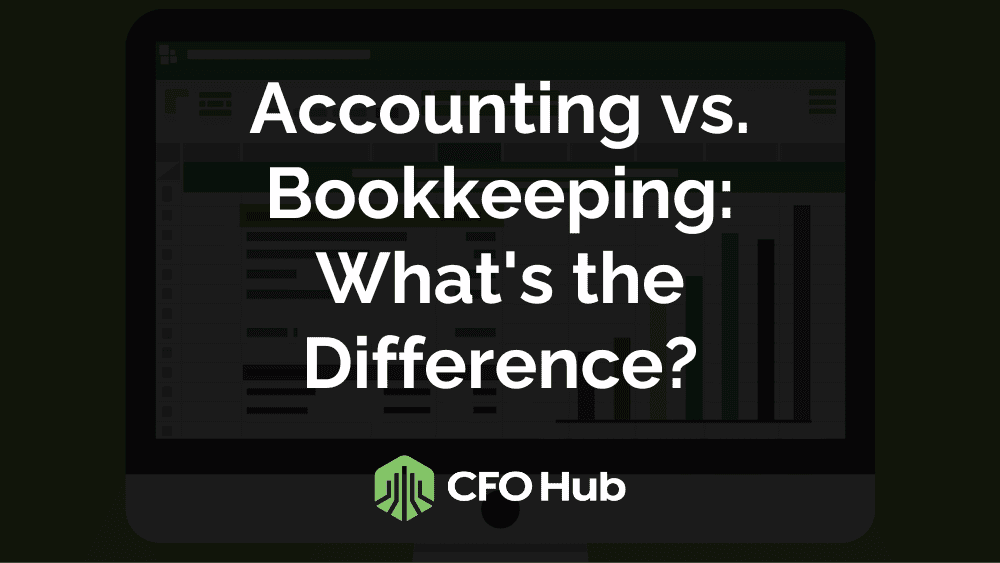Accounting and bookkeeping are often discussed interchangeably, but this isn’t strictly correct. While both are related and key to the financial health of a business, they are different disciplines. Let’s examine the differences between each practice, why they’re both essential, and how they overlap.
Bookkeeping
Bookkeeping entails the day-to-day documentation of financial transactions. This requires the systematic recording and organization of all incoming and outgoing transactions in an accurate ledger. This ledger provides a clear and current snapshot of a company’s financial health.
Bookkeeping is foundational to accounting, and the bookkeeper’s ledger is instrumental to all other financial processes. Accuracy is critical to maintaining good records, so attention to detail is mandatory for a successful bookkeeper.
Today, most bookkeeping is done digitally, so using appropriate software becomes essential. Even if you take cash payments or deal with paper receipts, all records should be digitized and organized in one easily accessible location. This makes viewing the books easy for everyone within the business.
Accounting
Accounting is a broader field that uses the information recorded throughout the bookkeeping process for financial analysis, classifying, interpreting, and reporting. Accounting takes the raw data from the bookkeeping process and produces actionable insights and recommendations. Accounting also encompasses a broader array of specific financial procedures.
Preparing financial documents such as profit-and-loss reports and balance sheets is a crucial accounting function. These documents demonstrate a company’s financial health in an easy-to-view format. This makes it easy for non-financial professionals within the business to make sense of the data.
Accountants also use these documents to accurately file tax returns. Ensuring government compliance is a crucial aspect of accounting. In-depth knowledge of laws and regulations means accountants need additional training compared to bookkeepers.
Accounting also entails the process of auditing a company’s finances. This could be for an external tax audit or for an internal audit to find opportunities to improve the company’s efficiency. Patterns and trends discovered in an internal audit can lead to opportunities for streamlining processes or tapping into new markets.
Key Differences
- Scope:Accounting is much broader in its range of applications, whereas bookkeeping focuses on day-to-day transactions.
- Decision-making:Accounting plays a crucial role in decision-making by providing analyses and insights.
- Skills required:Accountants need more strategy and compliance training, often through professionally recognized qualifications.
- Reporting:Accountants are required to know how to turn raw data into different types of standardized report formats that can be easily viewed.
- Tax filing:Accountants take care of filing tax returns and regulatory forms.
Interrelation and Importance for Businesses
Bookkeeping forms the foundation of all the accounting activities that come after it. Reports and analyses are only as accurate as the raw data that goes into them. Precise bookkeeping is crucial to both legal compliance and strategic decision-making.
Upgrade Your Bookkeeping and Accounting Processes
Book a free consultation todayif you want to upgrade your bookkeeping process or hire an expert accountant to ensure compliance and offer strategic advice. We’ll discuss how our experts will fit into your business to make your day-to-day operations run more smoothly.
Mark is an accounting and finance professional with over a decade of experience in public accounting and consulting. As both an accountant and entrepreneur, he is passionate about helping clients strategically organize and grow their businesses to reach their goals.
Visit Mark's Expert Hub to learn more about his experience and read more of his editorial content

